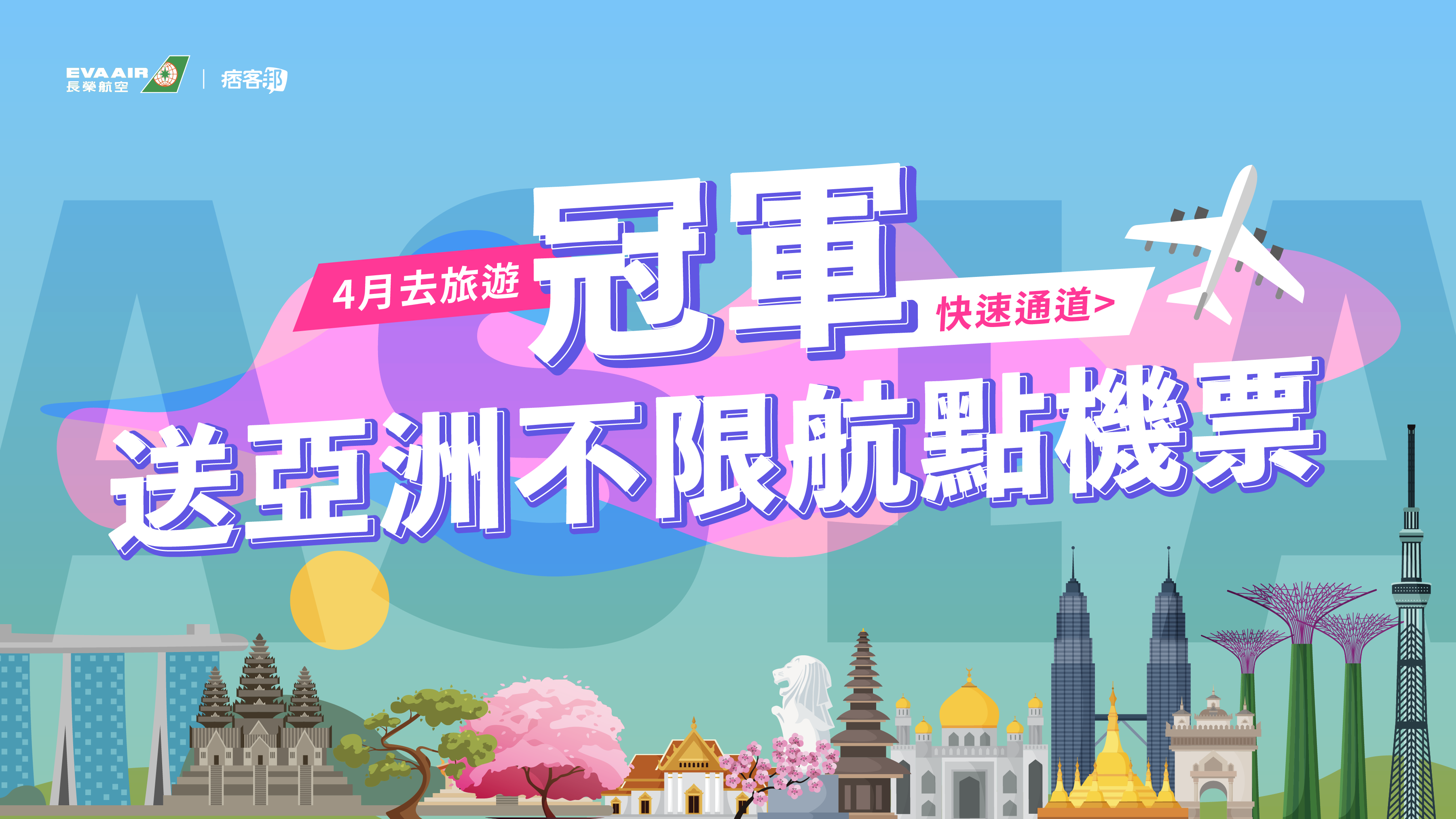close
社會科學研究與論文寫作:成功發表秘笈(四版)
嗨!
您正在找 社會科學研究與論文寫作:成功發表秘笈(四版) 這本書嗎?
這本 社會科學研究與論文寫作:成功發表秘笈(四版) 在博客來就可以買的到!
而且在博客來訂購 社會科學研究與論文寫作:成功發表秘笈(四版) 還享有優惠價唷!
還有博客來會不定期的舉辦一些如購物金贈送或是使用折價券折抵的活動,
購買 社會科學研究與論文寫作:成功發表秘笈(四版) 自己可以選擇是否要使用7-11取書(貨)服務,亦或是選擇使用宅配到府服務,真的很方便!
底下是 社會科學研究與論文寫作:成功發表秘笈(四版) 的內容簡介
在本書中,蔡今中教授(教育部學術獎、國科會傑出研究獎得主)將自己多年來投稿社會科學相關國際學術期刊的諸多經驗,以深入淺出的筆觸,從對社會科學研究應有的認知、研究的態度、歷程、迷思到最後的寫作及投稿策略,逐一地為讀者剖析社會科學研究各個環節的核心重點。在新修訂的四版書中,蔡教授將擔任國際高影響力SSCI期刊主編的經驗與大家分享,深入探討作者及審查人應扮演的角色與責任。對於成功發表論文到高影響力期刊,有更精闢的闡述。
這本書不但是一本兼具理論與實務、能帶領碩博班學生或是資淺研究者瞭解「如何進行一個成功的社會科學研究」這個核心問題的方法論教材;對於較資深的社會科學研究者而言,亦是一本能引發各種共鳴、迴響、值得一看再看的寶典。
7-11 net ?
作者: 蔡今中
新功能介紹- 出版社:高等教育出版社
新功能介紹 - 出版日期:2013/10/01
- 語言:繁體中文
商品網址: 社會科學研究與論文寫作:成功發表秘笈(四版)
歡迎入內選購
2017-07-11 03:00
By Chiu Yan-ling and Jonathan Chin / Staff reporter, with staff writer
A group of US-based activists has started searching the official archives of the US government and the UN for Taiwanese historical materials to publish them for free on the Internet.
Technology is the centerpiece of the project, as the software the group is developing would enable volunteers to scan and upload historical documents with their mobile devices, Lin Yu-Cheng (林育正), a project leader and a self-styled house-husband, said on Sunday.
Funded via the Web-based transparency activism platform G0V and other private sources, the Taiwan National Treasure initiative was formally launched at the New York G0V Hackathon event in September last year.
The initiative uses Facebook — via the page Taiwan National Treasure (國家寶藏) — to communicate with volunteers and donors.
The aim of the project is help Taiwanese gain a better understanding of their history by seeing the nation from the perspective of foreign governments through primary-source documents, Lin said.
The project’s leaders include tech entrepreneur Hsiao Hsin-cheng (蕭新晟) and assistant research professor of pharmacology at State University of New York Downstate Medical Center Abraham Chuang (莊士杰).
Since most of the volunteers are US-based, they are focusing on the depositories of the US National Archives and Records and Administration (NARA) and the UN Archives and Management Section (ARMS), Lin said.
When asked to comment on the project, Chuang said he had friends were affected by the wansei controversy that erupted last year.
He was referring to Chen Hsuan-ju (陳宣儒), who falsely claimed Japanese ancestry to promote her 2014 book Wansei Back Home (灣生回家) — written using the nom de plume Mika Tanaka — and a resulting documentary about Japanese born in Taiwan during the Japanese colonial era.
“Following the incident, my friends in New York and I began to wonder about the veracity of Taiwanese history — from the colonial period to the lifting of martial law — as it is told to us by textbooks, popular titles and the media. Who are the interpreters of Taiwanese history? Should we trust them uncritically?” Chuang said.
The Taiwan National Treasure initiative is a long-term project aimed at collecting important historical documents about Taiwan that are in foreign archives, guided by open data and democratic participation, he said.
Volunteers, including professional historians, have visited the National Archive in College Park, Maryland, in search of declassified documents about Taiwan, tens of millions of which are believed to be in the collection, he said.
The College Park depository, which is close to Washington, collects and stores documents flowing into the US government in the Washington area.
The records range from intelligence reports, records on Taiwan’s geography and hydrography and complications of statistics and surveys gathered from the Taiwanese media during the 1950s, to reports on Taiwanese literary figures, he said.
While some documents might repeat familiar findings, more data must have derived from the original collection efforts by the US government that promise new insights into Taiwanese history, he said.
Some of the data is likely to diverge from the accounts of Taiwanese authorities or interpret events from an outside perspective, with assessments that are likely to be more objective at times, Chuang said.
A mobile app — described as a work in progress — is aimed at helping volunteers digitize documents and transform them into an open data resource, which would help other people and institutions who are researching Taiwanese history, he said.
Volunteers are making regular research trips to the National Archive and the UN ARMS office in New York, Chuang said.
新聞來源:TAIPEI TIMES
文章標籤
全站熱搜


 留言列表
留言列表


